"Why I'm single and happy"
Some of us thrive on being single, says author and journalist Emma John
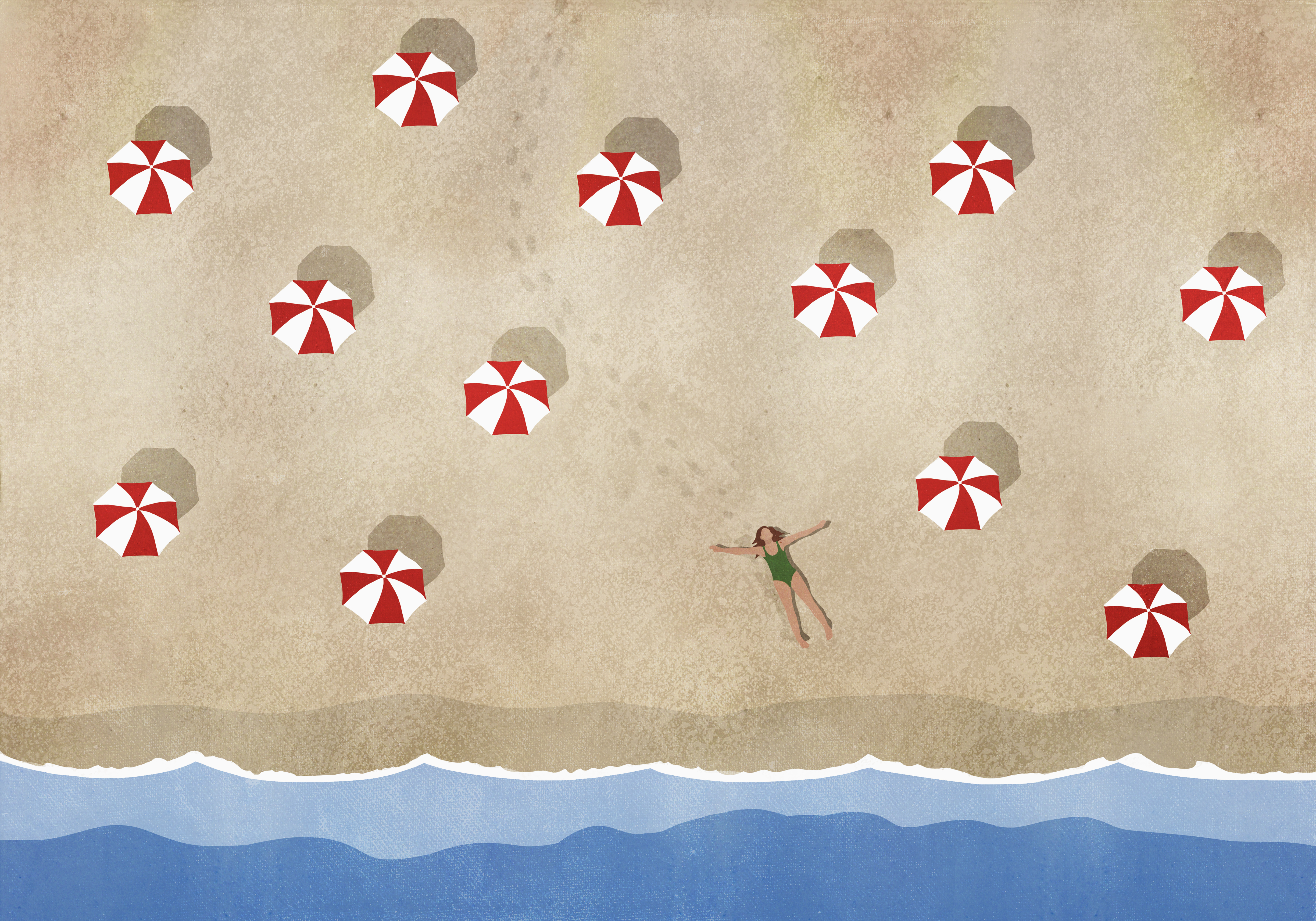
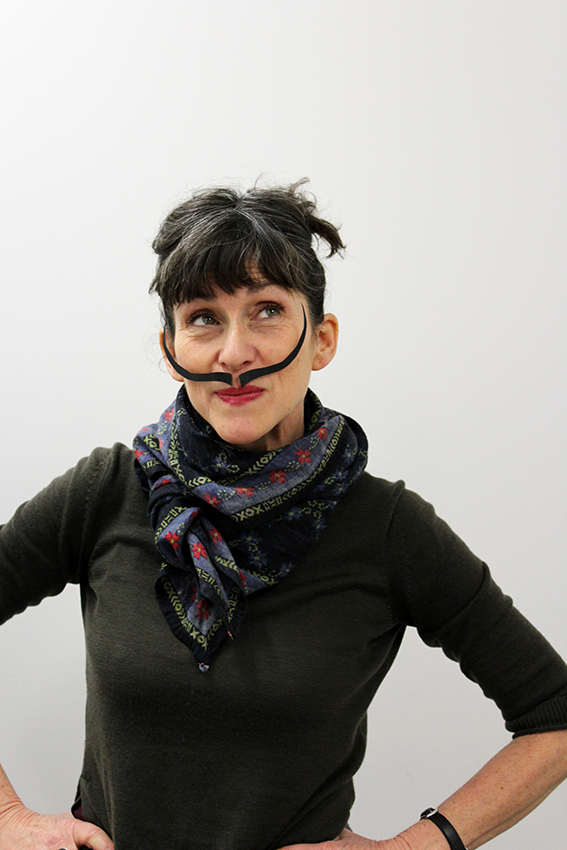

Award-winning author and journalist Emma John writes and edits for The Guardian and The Observer. A seasoned sports journalist, in 2008 she was the first woman to win a Sports Journalism Award. She is also a classical violinist and bluegrass fiddler.
Drawing on her latest book, Self Contained: Scenes from a Single Life, she tells us why coupledom needn't be the endgame—and why some of us are destined to be perfectly content being single.
"‘I can’t believe someone as great as you is still single!" It’s a comment I’ve heard plenty of times. There might even be circumstances when I’ve said it myself to other women. It’s meant well, and usually gets said in the middle of a discussion about relationships or dating, when I’ve admitted that I don’t have a partner and would like one. Often, people say it without thinking—an automatic response intended to convey encouragement, consolation and support.
It can be hard to know exactly how to reply, but I’ve got pretty good at fixing my face with a benign smile and moving the conversation swiftly along.
"I grew up with as many romantic expectations as the next woman"
Only recently did I understand why this comment had always made me feel worse about myself, rather than better. It was a single friend who explained it to me. The implication, she pointed out, is that there’s a hierarchy; that the attractive/interesting/fun/intelligent/ good woman gets the guy; that being in a couple is proof of your worth, and being single suggests you haven’t made it. ‘Sometimes,’ my friend said, ‘I feel like replying, “And I can’t believe someone as great as you feels the need to be married.”’
I’m in my 40s now, and I still haven’t met the love of my life. I grew up with as many romantic expectations as the next woman—I read Jane Eyre and Bridget Jones’s Diary, fell in love with Mr Rochester and Mark Darcy. In all the novels I read—and most of the TV shows I watched—being a spinster was portrayed as a life of loneliness and unfulfillment. Marriage, or at least a long-term relationship, was so universal a part of the human experience that
I assumed you had to be vastly unlucky, or even a bit perverse, to avoid it.
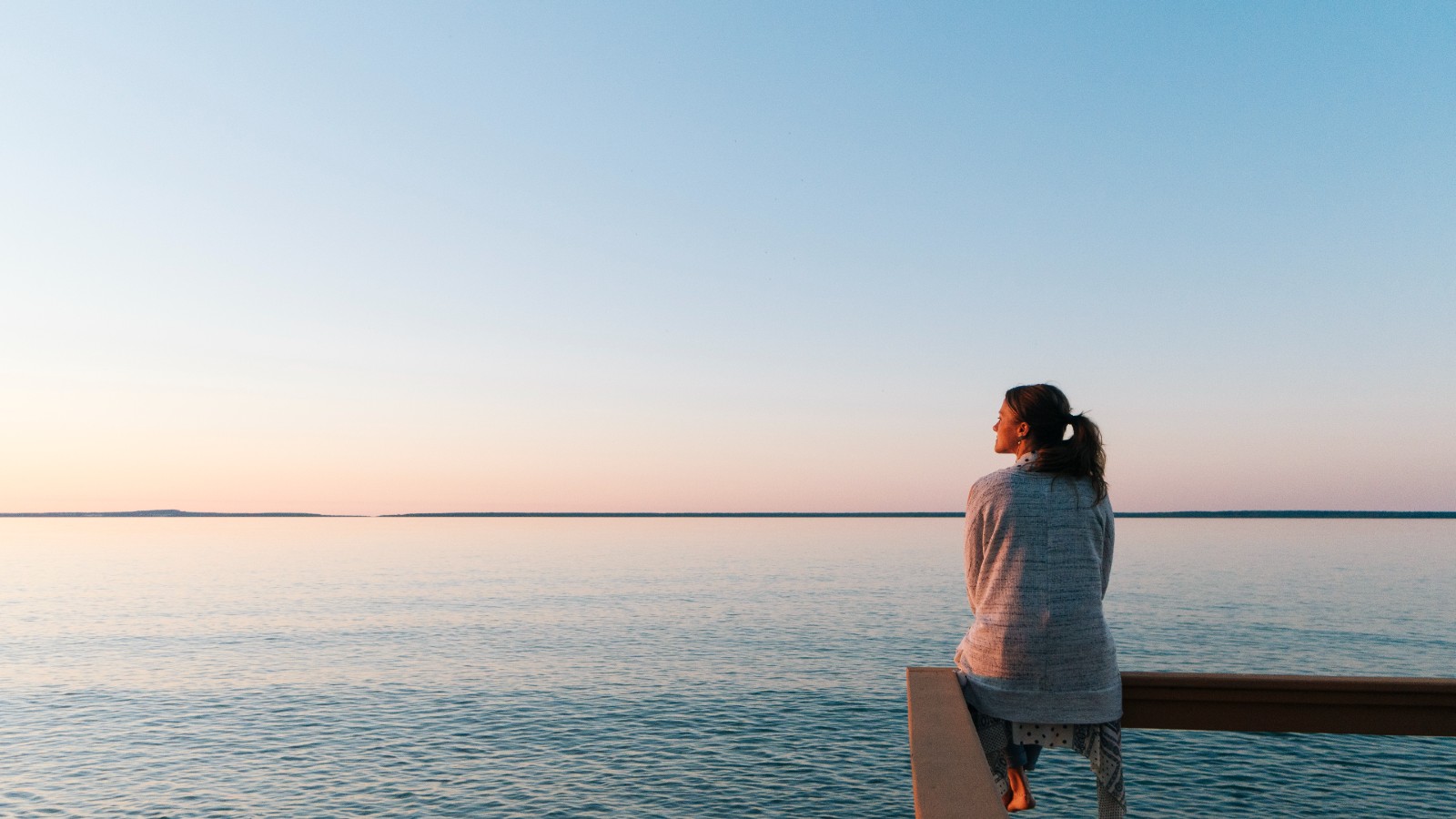
Sometimes, when people hear how long it’s been since I had a boyfriend, they assume I’m taking a feminist stance against commitment. Others tell me I’m not making myself ‘available’, as if it’s all just a matter of advertising. These assumptions add to the internal ones – that being single is a temporary situation on one’s way to fulfillment as part of a couple.
I’ve been alive for four decades, and I haven’t spent those years cooped up in my tower, waiting for a prince to come.
Sign up for the woman&home newsletter
Sign up to our free daily email for the latest royal and entertainment news, interesting opinion, expert advice on styling and beauty trends, and no-nonsense guides to the health and wellness questions you want answered.
I worked, I traveled, I learned new things, discovered new enjoyments. And, of course, I had the kind of total independence and freedom—of thought, behaviour, and movement—that has to be sacrificed by those in a couple, even more so by those who have children. While I watched friends become bound to an endlessly rotating wheel of routine and a self-seeding calendar of commitments, I got my kicks from a life lived spontaneously.
"Being single has allowed me to spread my wings"
Being single has allowed me to spread my wings as far as they would unfurl, to learn what I’m capable of. It wasn’t until my 30s that I felt brave enough to go traveling alone—as soon as I did, it transformed not just my perceptions of the world, but of myself. Everywhere I journeyed I was shown kindness and made welcome. I made dozens, maybe hundreds, of friends—some instant, some temporary, and many for life. That would never have happened if I’d spent my holidays on someone else’s arm.
More from woman&home:
- Jane Fallon on Why we should stop worrying about what other people think
- In my opinion, 'Granny Guilt' really is a thing for today's grandmothers
- Why we should stop telling women over 40 to cut their hair
Of course, the grass always seems greener on the other side. I’m not completely envy-free when I think of the stability and security that having a partner often entails—just as many of my married friends tell me they miss their single days. I’ll be honest, I quite like it when they tell me that—t’s a reminder of just how rich a life I lead.
So much social conditioning and cultural reference reinforces the idea that you achieve true adulthood when you find your ‘other half’ and begin a family. The permanent bachelor must be a playboy; the spinster must regret her childlessness. And yet, singleness is the one experience that’s common to all of us at some stage in our lives. It’s time we treated it with respect.
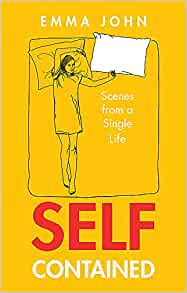
Emma John's new book, Self Contained: Scenes from a Single Life, is out now
In her hilarious and unflinching memoir, Self Contained, she asks why the world only views a woman as complete when she is no longer a single figure and addresses what it means to be alone when everyone else isn't.

Coming up with an idea that will create a great feature is what gets Sharon out of bed in the morning. She has worked in lifestyle magazines for more than 30 years and is still passionate about writing and sharing information, whether that’s about inspiring women, fabulous places to discover, brilliant books to read, wonderful performing arts or tapping into lifestyle trends. She currently commissions and edits articles across Woman & Home, Woman's Weekly, Woman and Woman's Own, managing a team who create award-winning travel content and features that cover the lifestyle gamut from real life memoirs to finance and gardening.
-
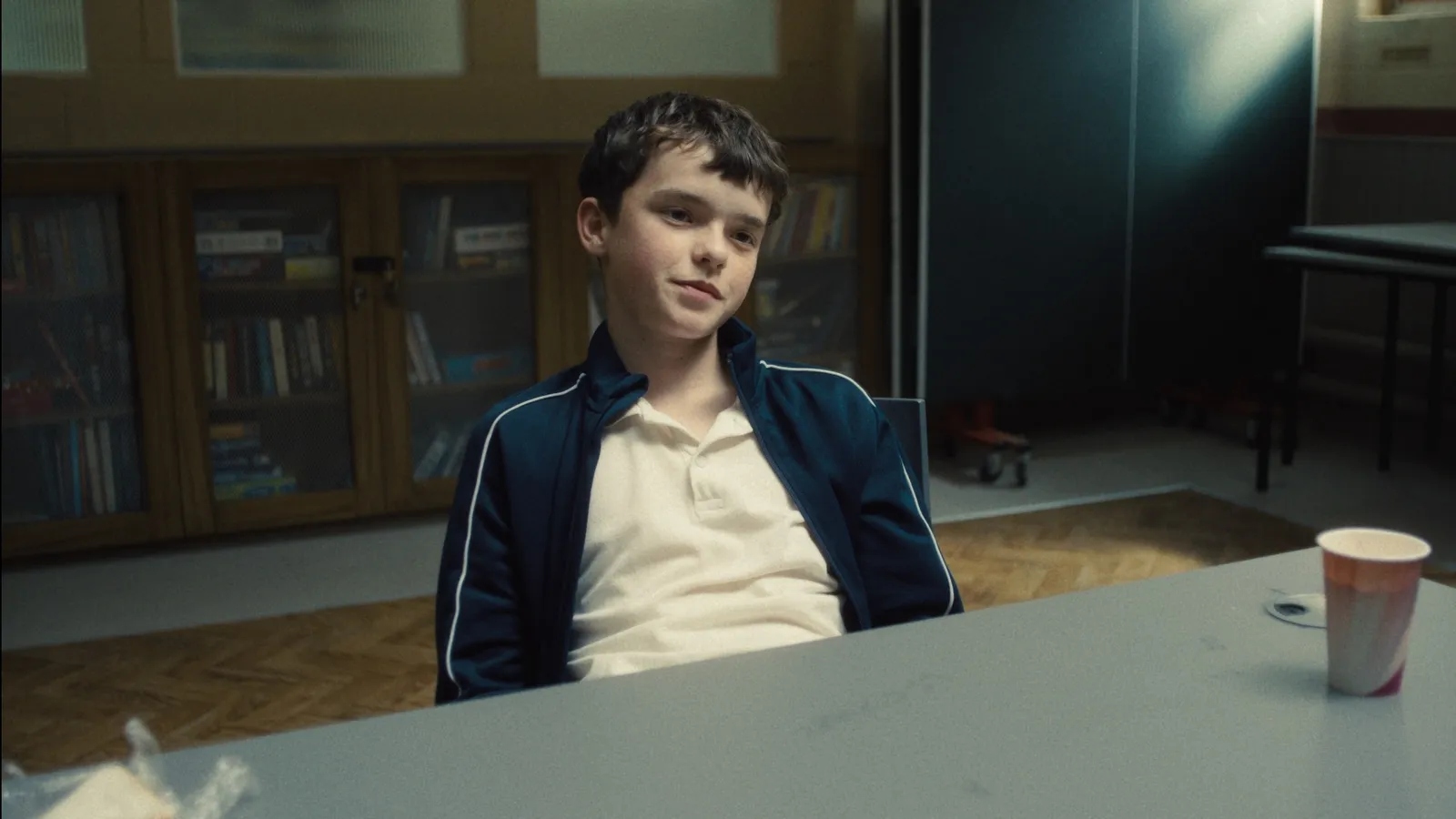 Concerned about Netflix’s Adolescence? You’re not alone - here’s how I approached toxic masculinity with my son
Concerned about Netflix’s Adolescence? You’re not alone - here’s how I approached toxic masculinity with my sonPlus three mums share their experience
By Debra Waters
-
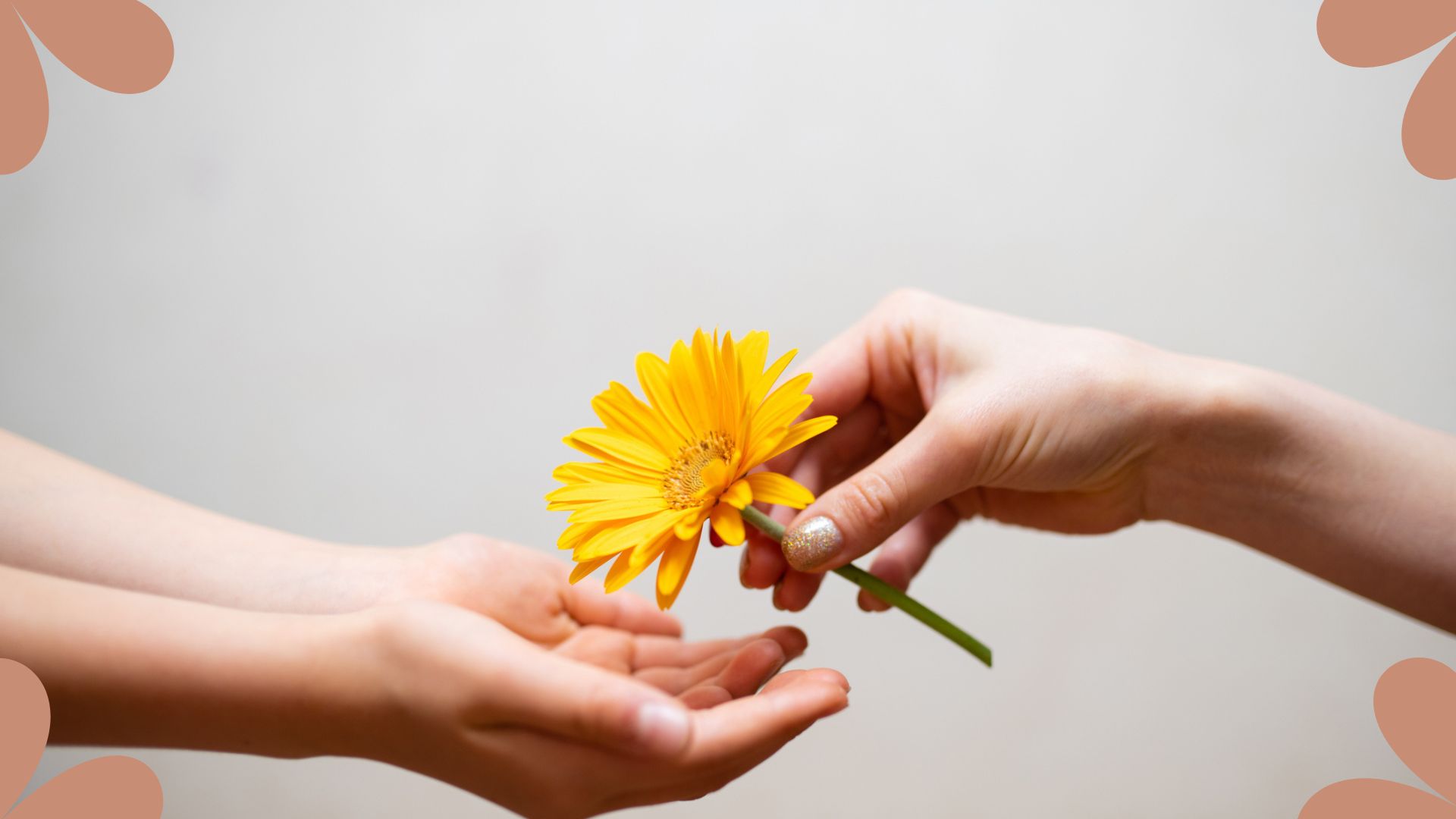 Small acts of kindness to brighten someone's day
Small acts of kindness to brighten someone's dayThese little acts of kindness and thoughtful gestures can truly create a positive impact
By Anna Paul